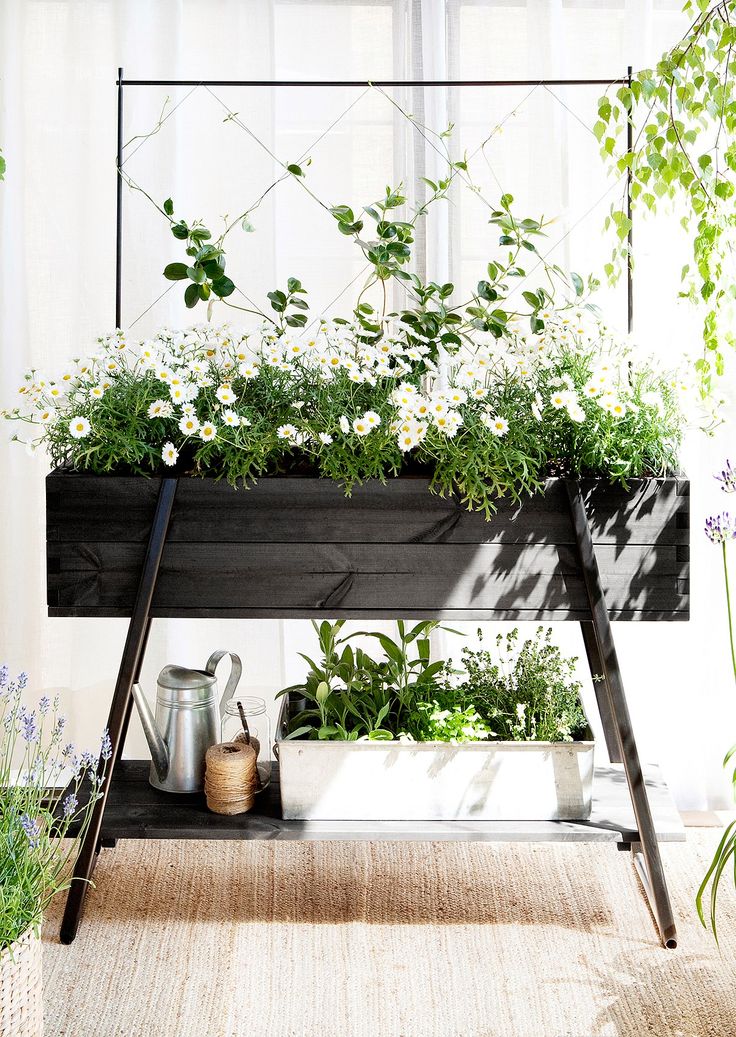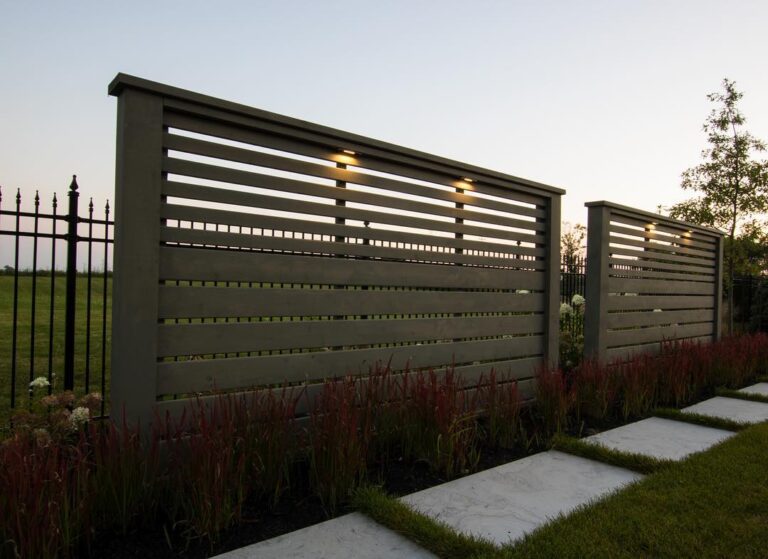Improve Your Garden With These Amazing Tips
Gardening, while being a rewarding hobby, also brings a host of benefits that extend beyond the aesthetic appeal of a blossoming backyard. It’s an activity that cultivates more than just plants; it nurtures a connection with nature, encourages physical fitness, and even contributes to mental well-being. As you delve into the world of gardening, you’ll find that the act of planting and nurturing seeds to life is not only fulfilling but also therapeutic. It offers a sense of achievement when your diligent care results in a garden teeming with vibrant colors and a bounty of produce. Gardening isn’t just about beautifying your surroundings, it’s about enhancing your quality of life. With these useful tips, you’ll be well-equipped to begin your gardening journey and reap its numerous benefits.
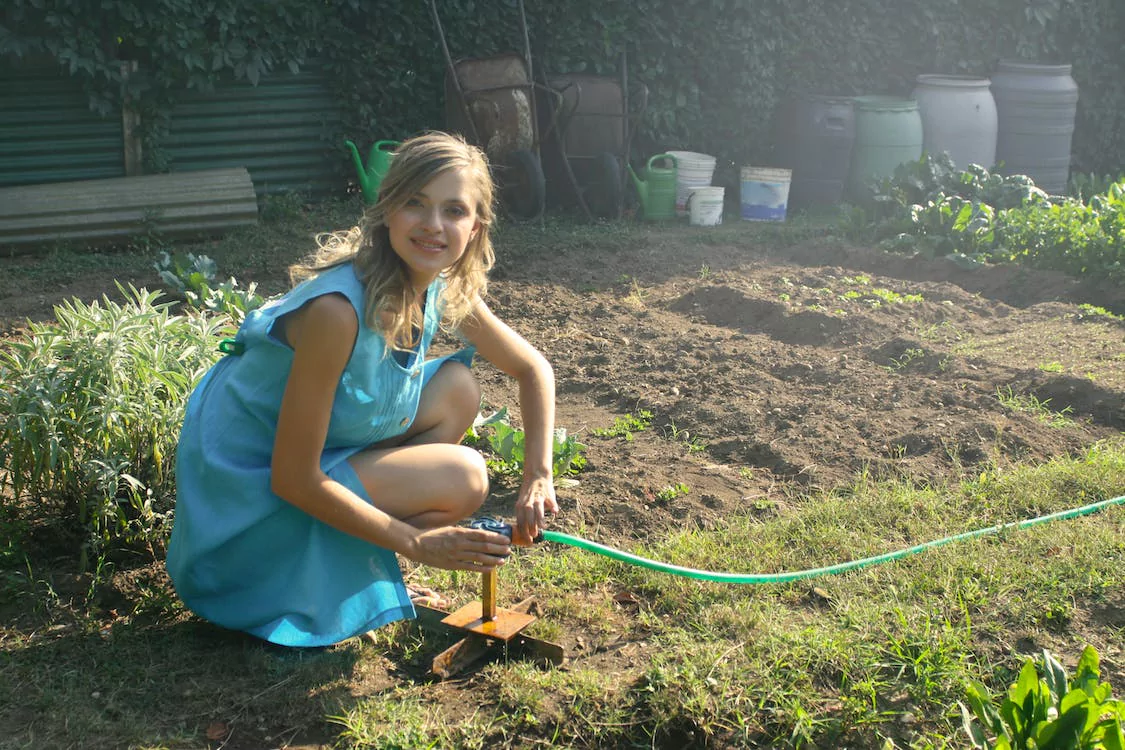
Hiring the Right People
If you are new to gardening or have a busy schedule, it can be overwhelming to maintain a garden on your own. Hiring someone to help with the tasks can make all the difference. When looking for assistance, consider hiring individuals who are passionate about gardening and possess knowledge about plants and their care. You’ll find that this investment in a trustworthy helper will greatly improve the overall health of your garden. Whether you need tree services in Jacksonville to properly trim your trees near the home or a gardener to maintain the flower beds, hiring the right people can be an invaluable asset in your gardening journey. By delegating tasks and sharing responsibilities, you can focus on other aspects of your life while still enjoying the beauty of a well-kept garden.
Choose the Right Plants
Choose plants that are native or well-suited to your area for the best growth results. This will save you time and effort in maintaining the health of your garden. Additionally, consider the amount of sunlight available in your garden when selecting plants. Logically, there are plants that will thrive while in the sun, but there are also those that will be great for shade. Make sure to research and choose accordingly to ensure successful growth. For novice gardeners, starting with low-maintenance plants such as succulents or herbs can be a great way to get comfortable with gardening and boost your confidence. Moreover, selecting the right plants also means creating a garden that is visually appealing, as well as functional. You can choose a variety of vegetables and fruits to create a beautiful and bountiful kitchen garden or opt for colorful flowers to add visual interest and attract pollinators.
Attract Plant-Beneficial Insects
Attracting pollinators to your garden is crucial as it helps pollinate plants and produce fruits and seeds. You can add colorful flowers and unique plants to create a pollinator-friendly environment. For instance, the proud queen bees, the female leaders in a colony of bees, are exceptional pollinators. Their presence can significantly improve the health and productivity of your garden. Researching and incorporating flowers and plants in your garden that queen bees are particularly attracted to is beneficial. This not only makes your garden more vibrant and attractive but also ensures its productivity and growth.
Proper Spacing
Overcrowding can lead to inadequate light and air circulation, leading to poor growth or disease. Make sure to research the recommended spacing for each plant and follow it diligently. This will also prevent competition for water and nutrients, ensuring that each plant receives adequate resources for healthy growth. For example, tomato plants require a minimum of 2 feet between them, while lettuce only needs 4-6 inches. Proper spacing also allows for easier maintenance and harvesting. For small gardens, vertical gardening can be a great way to maximize space while ensuring adequate spacing for each plant. Furthermore, proper spacing can also enhance the aesthetic appeal of your garden, with plants having enough room to grow and bloom freely.
Soil Nutrition
Regularly enrich your soil with compost and organic matter to provide the essential nutrients your plants need to thrive. Investing in good quality soil is crucial for the health of your garden, as it provides a strong foundation for plants to grow and flourish. It is important to regularly test the pH levels of your soil and make adjustments accordingly. Certain plants require a specific pH level to grow successfully, so it’s essential to provide them with the right environment. Additionally, avoid using chemical fertilizers that can harm the environment and opt for natural alternatives such as compost, manure, and mulch. By maintaining healthy soil, you’ll see an improvement in the overall health and growth of your plants.
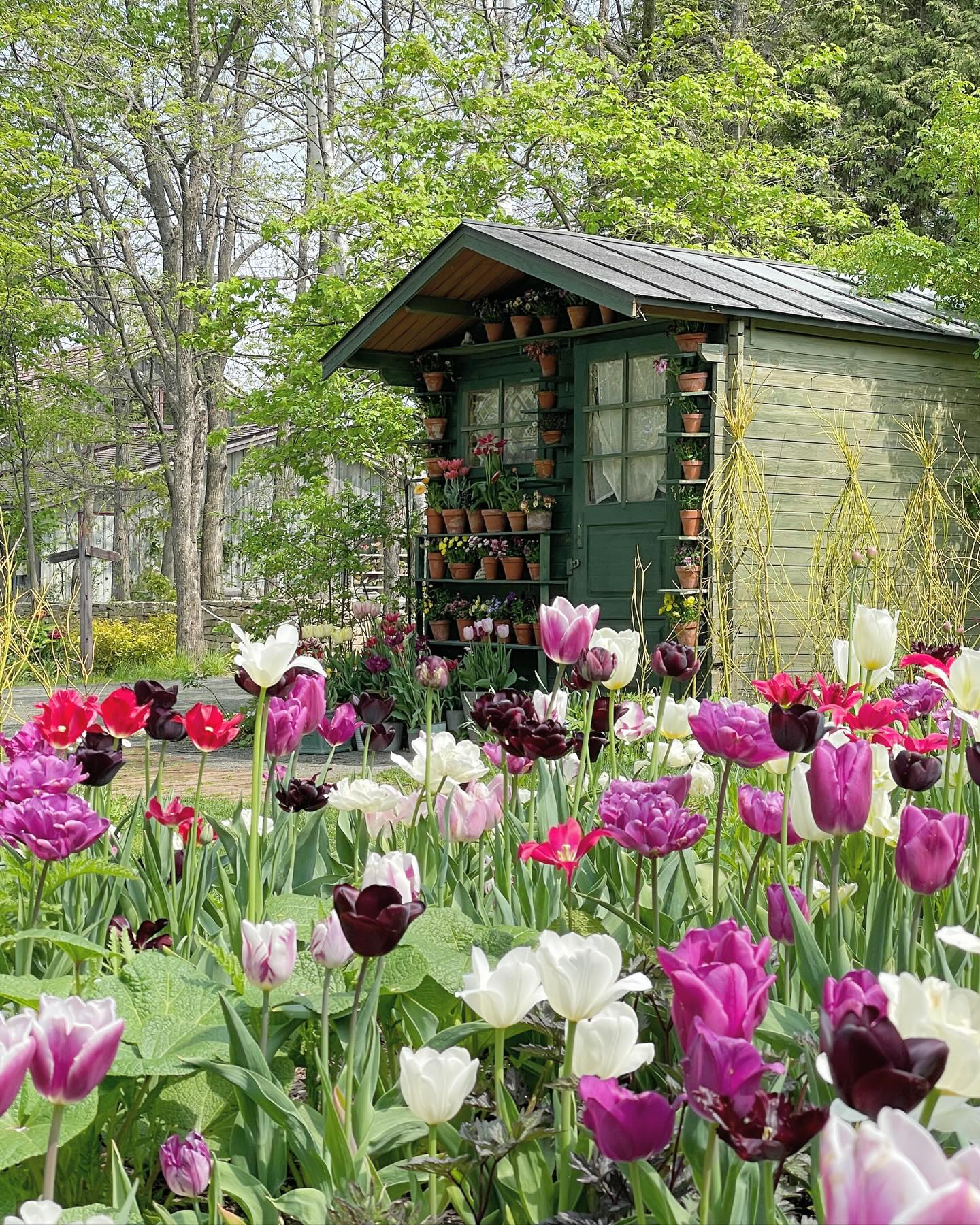
Water Wisely
Watering needs vary between plants, so understand each plant’s requirements. Generally, it’s best to water deeply but less frequently to encourage root growth. Watering early in the day helps to prevent evaporation and fungal growth. Consider using a drip irrigation system for efficient watering, especially if you have a large garden. Also, be mindful of rain forecasts and adjust your watering schedule accordingly. Over-watering can lead to root rot and other diseases, while under-watering can cause plants to wither and die. By paying attention to your plants’ water needs, you’ll have healthier and more resilient plants in your garden. Many plants, such as succulents, are drought-tolerant and require less water, making them a great choice for low-maintenance gardens.
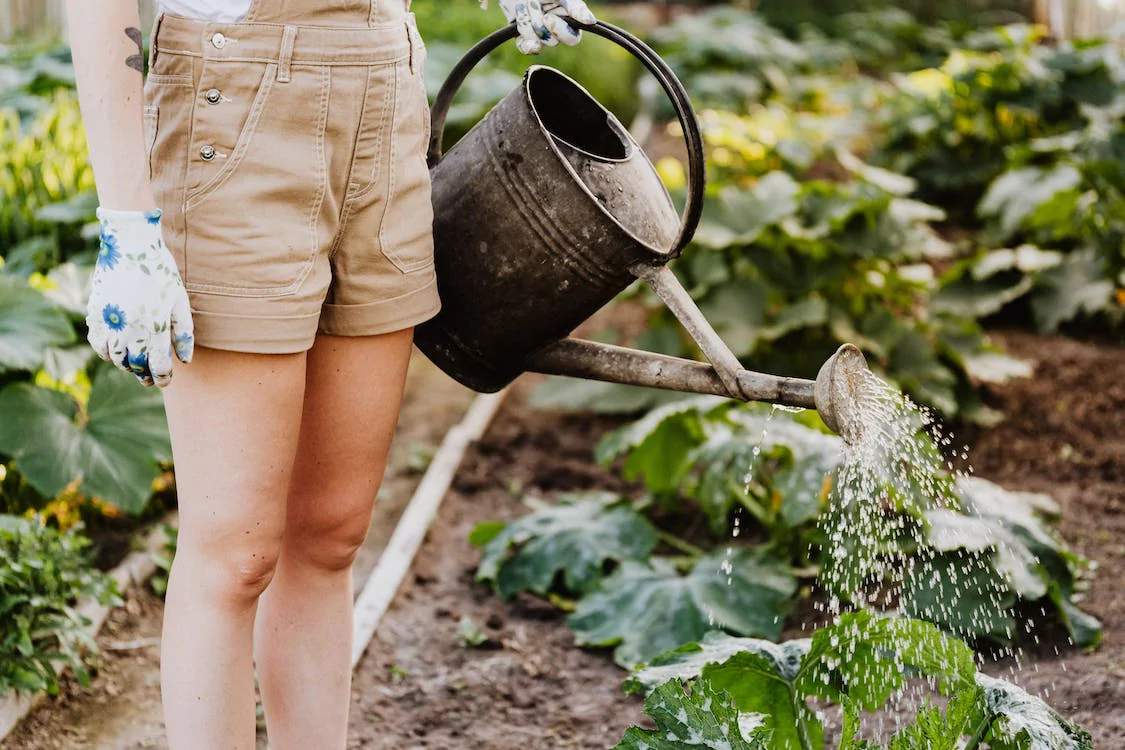
Mulching
Mulch helps retain soil moisture, suppress weeds, and improve soil quality. Ensure a layer of mulch around each plant but avoid touching the plant stem to prevent rot. You can use various types of mulch, such as wood chips, straw, or leaves. Mulching also adds an aesthetic element to your garden and gives it a neat and tidy appearance. Additionally, as mulch decomposes, it enriches the soil with essential nutrients for healthier plant growth. Mulching also helps to regulate soil temperature, which is especially beneficial for plants in extreme weather conditions. Make sure to replenish the mulch layer regularly, as it can break down over time.
Stay Consistent
Consistency is key when it comes to gardening. Regularly monitoring your garden and staying on top of maintenance tasks will ensure a healthy and thriving space. Dedicate time each week to check on your garden, inspecting for any pests or diseases and addressing them promptly. Keep a gardening journal to track plant growth and make notes of what works well in your garden. Be patient and persistent, as gardening is a continuous learning process. With time, you’ll gain valuable knowledge and experience that will help you improve the health and beauty of your garden. Most importantly, enjoy the process and take pride in your efforts as you watch your garden flourish.
In retrospect, gardening is much more than just a pastime. It can be an enriching experience that brings you closer to nature, enhances your physical and mental well-being, and beautifies your surroundings. By implementing these tips and techniques, you’ll have a thriving garden in no time while enjoying all the benefits it has to offer. So go ahead and dig into this fulfilling journey of gardening – you won’t be disappointed. Happy gardening! With these tips, we hope that your gardening journey will not only result in a beautiful and flourishing garden but also bring you joy and satisfaction along the way.




